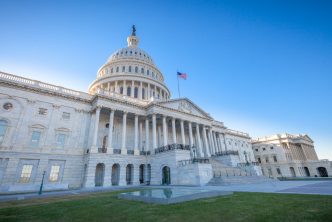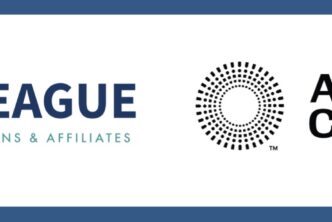 BIRMINGHAM, AL, Feb. 17, 2015 — The Alabama Credit Union Association, an affiliate of the League of Southeastern Credit Unions & Affiliates (LSCU), today detailed its main priorities for the 2015 legislative session, which begins on Tuesday, March 3, 2015, and will span for 100 calendar days. The main priorities for credit unions during the legislative session are to preserve the credit union tax exemption, increase data security, and allow credit unions to become public depositories.
BIRMINGHAM, AL, Feb. 17, 2015 — The Alabama Credit Union Association, an affiliate of the League of Southeastern Credit Unions & Affiliates (LSCU), today detailed its main priorities for the 2015 legislative session, which begins on Tuesday, March 3, 2015, and will span for 100 calendar days. The main priorities for credit unions during the legislative session are to preserve the credit union tax exemption, increase data security, and allow credit unions to become public depositories.
“The Alabama Credit Union Association will advocate for measures to ensure credit unions can continue to provide the best and most secure services possible to their members,” said Patrick La Pine, president/CEO of the LSCU. “Preserving the credit union tax exemption is always our first priority. Credit unions in Alabama saved their members more than $106 million through lower rates and fees. Taxing credit unions would be taking money directly from Alabama’s more than 1.8 million members.”
With the number of data breaches increasing, it is important that Alabama set standards for how companies and merchants operate after discovering that a breach has occurred.
Currently Alabama is one of three states that have no data security laws that set these standards. Financial institutions are also bearing the costs of these breaches by issuing new cards to members or customers and paying for loss due to fraud.
“It is important that financial institutions do not have to pay for the mistakes of those who are breached. Credit unions in Alabama paid more than $1.3 million in costs for the Target and Home Depot data breaches despite not causing the breaches. These are just two of the many that occurred in the past 12 months. Alabama needs a law that sets a standard for retailers and financial institutions,” said La Pine.
Public entities currently are denied the ability to shop for the best rates with a credit union. This means city/county governments, city/county departments, or school districts cannot shop rates with their local credit unions to receive a better return on their deposits. By having credit unions in the market, all public entities will benefit in the form of higher interest rates and will be better stewards of public funds. Alabama is one of only 17 states that does not allow credit unions to qualify as public depositories.
Credit unions are 100 percent locally owned and return all profits back to their Alabama membership in the form of lower fees, better interest rates, and better returns on deposits.





